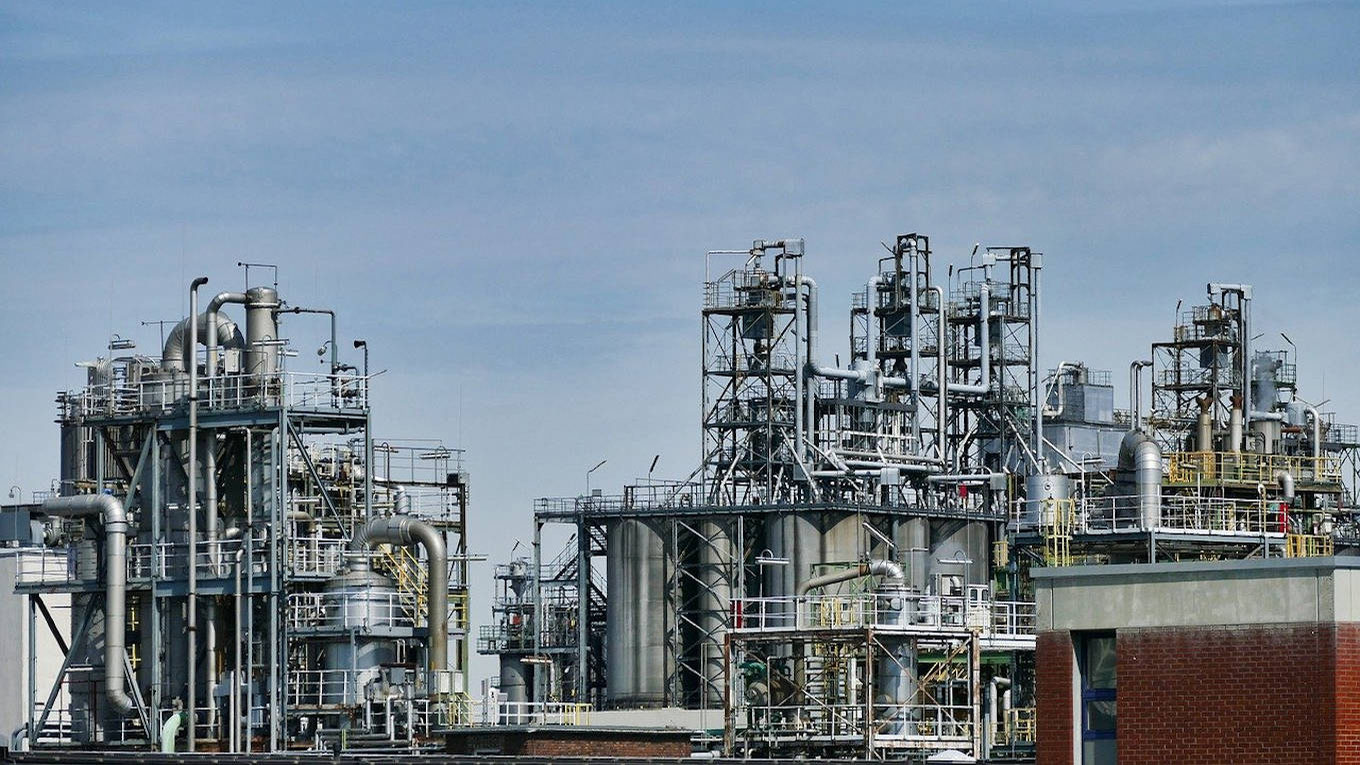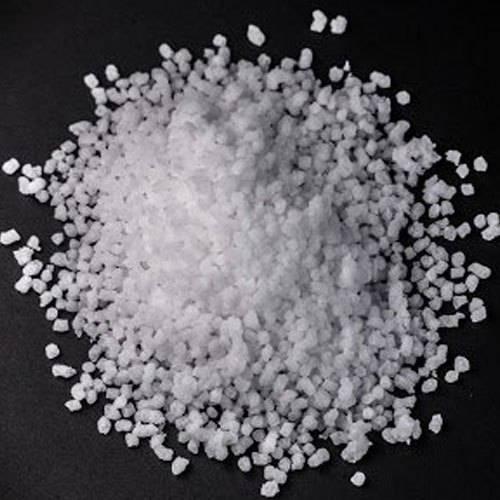Indian Oil Corporation Limited (IOCL) plans to set up India’s first-ever styrene monomer project, with a capacity to produce 387,000 tonnes per annum, at an estimated cost of Rs4,495 crore at its refinery in Panipat. “In view of the consensus across the board that petrochemical integration is the way forward for the refining sector, this styrene project will allow the company to move up the value chain by investing further in petrochemicals,” says Shrikant Madhav Vaidya, chairman, IOCL. “Growth in this segment will provide a key demand segment for the refining sector and act as a hedge to cyclical performance with better returns and benefits.” The project will generate employment opportunities in the petrochemical sector and will also be in line to fulfil the government’s Atmanirbhar Bharat’ mission. Styrene is used to produce polystyrene, paints & coatings/acrylic, unsaturated polyester resins and elastomers, such as acrylonitrile butadiene styrene (ABS) and styrene-butadiene rubber (SBR), amongst other things. In February this year, IOCL Board had approved the Panipat Refinery Expansion project to enhance its capacity from the existing 15 million tpa to 25 million tpa at an estimated cost of Rs32,946 crore. “As a part of the expansion project, a new high severity fluidised catalytic cracking unit (FCCU) of 2.5 million tpa capacity, based on Indian Oil's flagship Indmax technology, will be set up to maximise LPG production and make basic petrochemical building blocks – propylene and ethylene,” says an official from IOCL. There is a propylene potential of about 514 KTA in the project, which would be utilised for the production of polypropylene (PP) through a new PP unit. The styrene project aims to utilise the ethylene potential from the Indmax Unit alongside the benzene that is already being produced at the Panipat Complex. The production of styrene would reduce India’s import dependence on this product. At present, India’s styrene consumption is about 900 tonnes per annum; however, the demand is continuously on the rise. India imports styrene from Singapore, the Middle East and South East Asia. “The proposed styrene project will address this issue to a great extent and reduce the nation's import dependence substantially. Thus, considerable forex savings of about Rs3,650 crore ($500 million) per annum are likely to be generated,” the official adds. The project would be commissioned by 2026-27. Availability of styrene domestically is expected to accelerate the growth of downstream industry and create employment opportunities.
-

IOCL Board had approved the Panipat Refinery Expansion project to enhance its capacity


































